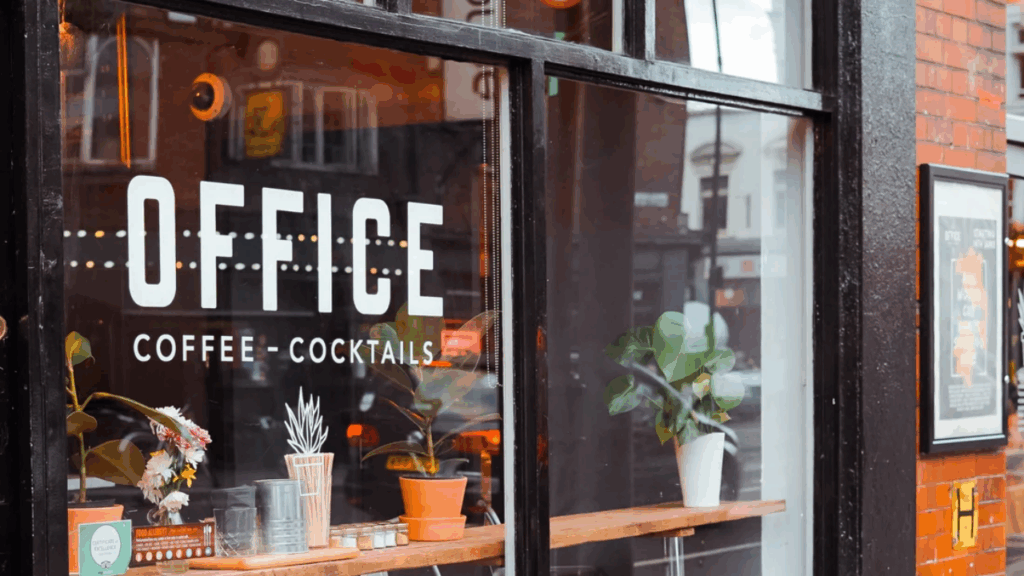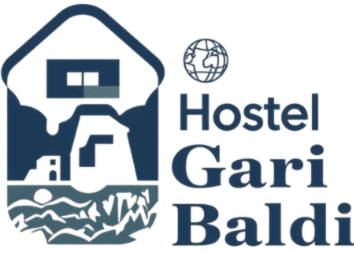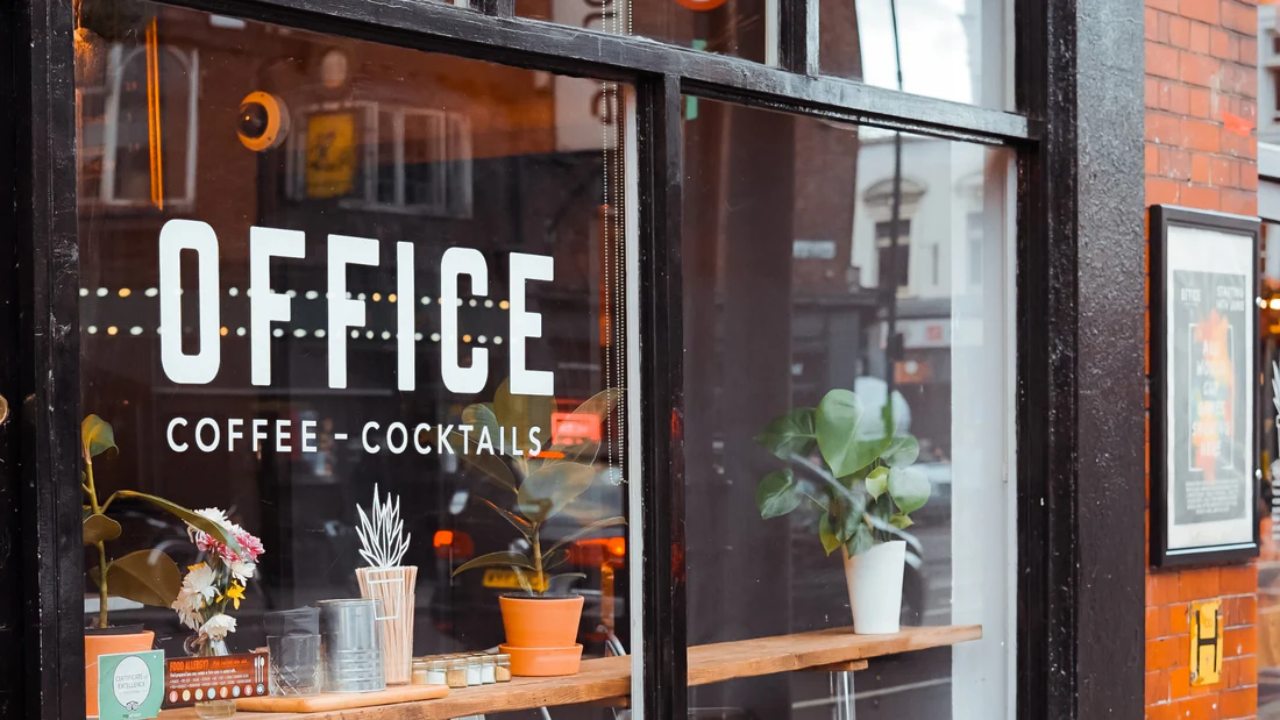
Travelers today are no longer satisfied with just a bed to sleep in—they want experiences, community, and convenience all rolled into one. This demand has given rise to a new trend in hospitality: the hostel + café hybrid concept. By blending accommodation with vibrant café culture, hostels are transforming into social and creative hubs where guests can live, work, eat, and connect. This innovative approach is redefining travel stays and setting a new standard in the hospitality industry.
Why Hybrid Hostel + Café Spaces Are Becoming Popular
1. Convenience Under One Roof
Guests no longer need to step outside for their morning coffee or a quick bite. With an in-house café, travelers enjoy the luxury of food and drinks just steps away from their rooms. This integration saves time and enhances the overall guest experience.
2. A Social and Community-Driven Vibe
Unlike traditional hotels, hostels thrive on social energy. Adding a café amplifies this by creating a common gathering spot where guests, locals, and digital nomads can interact. It’s not just about coffee; it’s about building friendships and networks.
3. Perfect for Digital Nomads and Remote Workers
The hostel + café setup appeals strongly to the growing population of remote workers. With free Wi-Fi, comfortable seating, and an energetic atmosphere, these hybrid spaces double as coworking hubs where travelers can be productive while enjoying fresh coffee.
4. Boosting Local Flavor and Identity
Many hostel cafés source ingredients from local farmers, serve regional delicacies, or host food-based events. This gives travelers an authentic taste of local culture while strengthening the hostel’s identity as more than just a place to sleep.
5. Diversified Revenue for Hostels
From a business perspective, a café adds an extra revenue stream. While dorm beds or rooms bring in steady income, the café attracts not only guests but also locals, generating additional profit and brand visibility.
6. Unique Aesthetic and Lifestyle Appeal
Hybrid hostels often focus on creative design. From rustic interiors and Instagrammable décor to cozy coffee corners and rooftop cafés, these spaces appeal to travelers who want both functionality and aesthetic charm.
Key Features of Hostel + Café Concepts
- All-Day Availability: Cafés provide food and drinks beyond traditional breakfast, adding convenience.
- Events and Workshops: Open mic nights, art sessions, or food tastings make the café a lively space.
- Work-Friendly Spaces: Charging stations, strong Wi-Fi, and comfortable seating attract digital nomads.
- Blend of Guests and Locals: The café invites locals, making the hostel part of the neighborhood culture.
- Personalized Atmosphere: Unlike generic hotels, hostel cafés reflect creativity and individuality.
Overview Table
| Feature | Hostel + Café Hybrid Spaces | Traditional Hostels |
|---|---|---|
| Food and Beverage | On-site café with meals & drinks | Limited kitchen or no café |
| Social Interaction | High – café as a meeting hub | Moderate – common areas only |
| Digital Nomad Friendly | Coworking vibe, café workspaces | Limited, not always work-focused |
| Local Engagement | Attracts both travelers and locals | Mostly travelers only |
| Revenue Streams | Rooms + café income | Primarily room bookings |
| Atmosphere & Design | Trendy, lifestyle-oriented | Simple, functional |
Why Travelers Love Hybrid Hostels
- Food Meets Travel – Easy access to quality meals without leaving the building.
- Cultural Immersion – Cafés double as cultural hubs showcasing local art, food, and events.
- Work-Life Balance – Ideal for travelers who balance exploration with remote work.
- Community Building – Guests and locals connect, making the hostel more vibrant.
- Affordable Luxury – A café elevates the hostel experience without significantly increasing costs.
Examples of Popular Hostel + Café Trends
- Boutique Hostels with Specialty Coffee: Travelers are increasingly drawn to hostels that serve third-wave coffee or artisan teas.
- Rooftop Café Lounges: Many hostels add rooftop cafés for sunset views and events.
- Eco-Friendly Cafés: Some hostels align with sustainability by offering organic, locally sourced menus.
- Themed Cafés: From book cafés to art-inspired spaces, themes add character and attract niche audiences.
Conclusion
The rise of hostel + café hybrids is reshaping hospitality into a lifestyle-driven industry. These spaces are not only practical but also enriching, offering travelers convenience, community, and culture under one roof. For digital nomads, solo explorers, and even locals, hostel cafés serve as lively hubs that bring people together while keeping the travel spirit alive. As the demand for experience-driven stays continues to grow, the hostel + café concept is likely to expand and redefine modern travel accommodations.
FAQs
Q1: Why are hostel + café hybrids popular with digital nomads?
They provide work-friendly spaces with Wi-Fi, coffee, and community, making them ideal for remote work.
Q2: Do hostel cafés only serve guests?
No, most are open to both travelers and locals, creating a lively and inclusive environment.
Q3: How do hostel cafés enhance the travel experience?
They combine food, culture, and social interaction, allowing guests to enjoy more than just accommodation.

